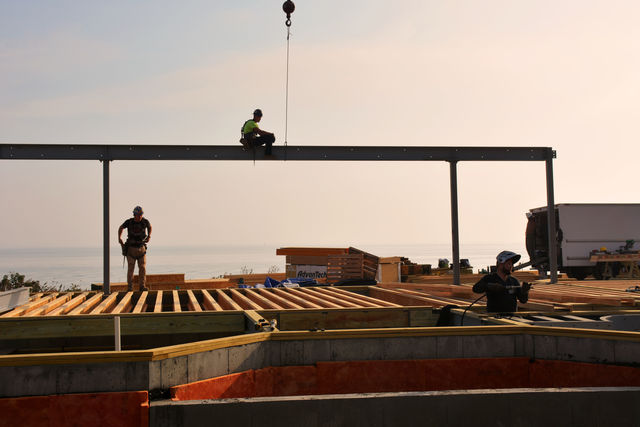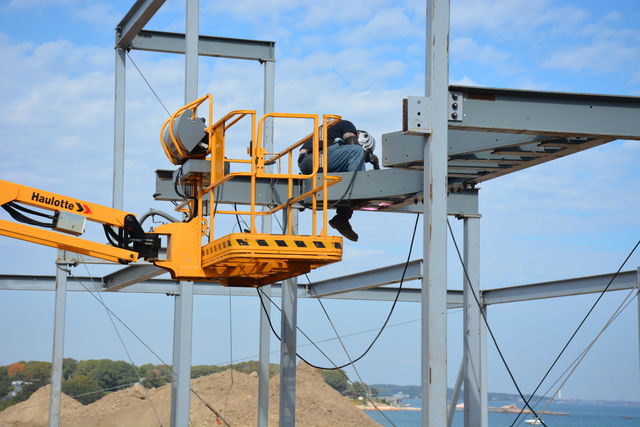


Pressure to severely curtail development with over-regulation hampers the viability of worthwhile projects that will actually improve the environment and stimulate economic growth.
Construction may not come to mind immediately as a leading source of employment on Cape Cod, but the Cape Cod Commission reports that 6.6 percent of all jobs come directly from this sector. And that doesn’t include thousands of other jobs tied to the industry – from real estate to professional services to suppliers and related trades. This data indicates that the construction industry is a major driver and indicator of Cape Cod’s economy.
There is a popular belief that development implies greedily gobbling up the Cape’s green space. That is at best an overstatement; at worst, a distortion of the truth, which is that construction plays a very positive role on the Cape by addressing aging buildings and infrastructure. Contrary to the notion that all construction is bad for the environment, upgrading infrastructure improves public health and protects our environment, thereby enhancing quality of life on Cape Cod. In fact, new building codes and environmental regulations increasingly mandate improvements to existing structures to make them safer and more sustainable.
Pressure to severely curtail development with over-regulation hampers the viability of worthwhile projects that will actually improve the environment and stimulate economic growth. The fact that construction projects require significant investments means that they need to be economically viable or they’ll never get built. While well-intentioned, today’s burdensome environmental review process for infrastructure projects hinder the protection of our environment by inflating construction costs and diverting valuable resources to the cost of compliance. Public construction procurement regulations need to be simplified; our resources need to support infrastructure, not stand in its way.

An investment in public infrastructure and private construction is an important long-term strategy for the Cape. According to a recent Associated General Contractors of America (AGC) Report, each dollar spent on construction activity boosts gross domestic product (GDP) by $3.40 and raises personal earnings by $1.10.
Our small-business owners, sole proprietors and trades people depend on a steady stream of construction activity. Money invested in construction projects provides a significant return on investment that will help restore jobs, boost business activity, restore tax receipts, and stimulate further economic growth on Cape Cod. This leads to a stable economy that generates the revenue needed to fund vital infrastructure projects that contribute to improving the environment.
Please contact Coastal Engineering Co., Inc. for a full review or with any specific questions you may have.